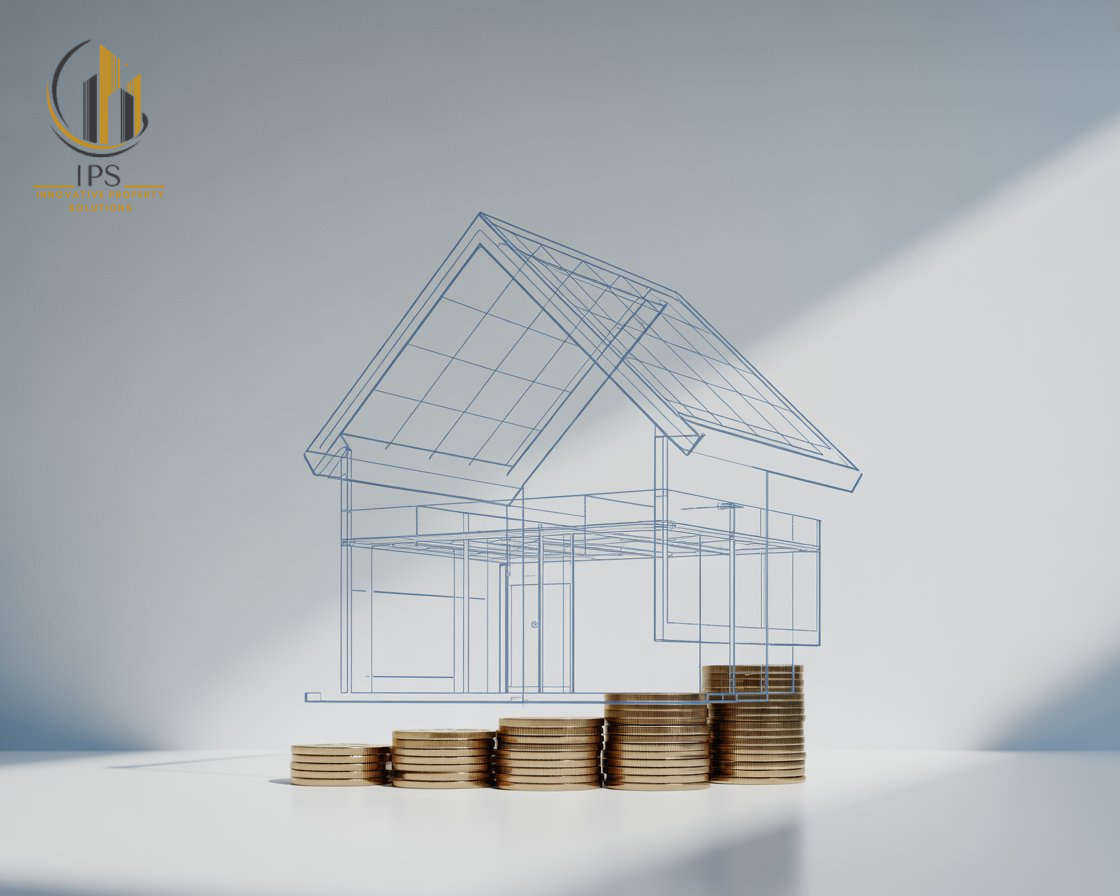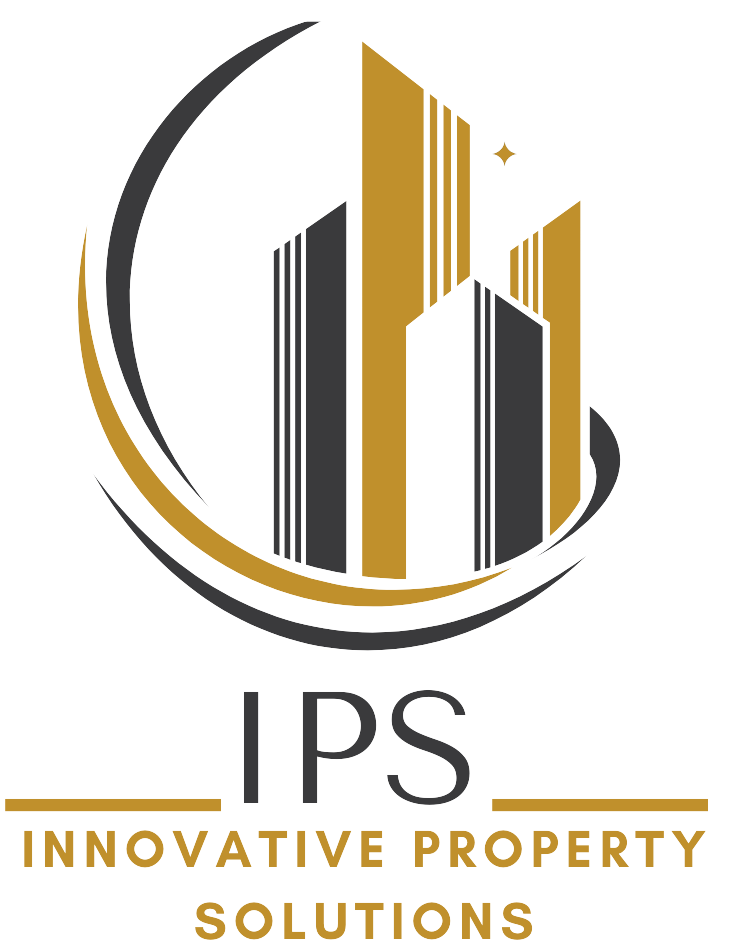
Why Capital Gains Tax Matters When Selling a Property in Canada
If you’re selling a secondary home, investment property, or commercial asset in Toronto, capital gains tax will likely apply. The Canada Revenue Agency (CRA) requires you to report the profit earned from the increased value of the property since the day you acquired it. Unlike a principal residence, which is typically exempt, secondary properties are subject to tax on 50% of the capital gain. This is where a professional capital gains home appraiser becomes an essential part of your planning process—because a proper valuation helps ensure compliance while protecting your bottom line.
What the CRA Wants: Accurate Fair Market Value at Time of Disposition
When calculating your capital gains, CRA expects an accurate fair market value (FMV) for your property as of the date the taxable event occurred. That could be the day you sold it, transferred it to a family member, gifted it, or converted its use—for example, from a residence to a rental. If you guess the value or rely on outdated data, you’re setting yourself up for potential reassessment or even audit. That’s why working with a certified appraiser for capital gains who can deliver a well-documented, defensible valuation is so important.
The Role of a Capital Gains Home Appraiser in Toronto
A professional appraiser familiar with the GTA market does more than simply assign a number. They review comparable sales data from the specific time period, inspect the property’s condition, and consider neighbourhood trends to produce a valuation that accurately reflects its market worth on the specified date. This becomes the foundation for your CRA filing and is crucial for legal, financial, and tax purposes. Whether you’re handling a family trust, inheritance, or divestment of commercial property, the right valuation ensures you’re reporting the correct amount and not overpaying taxes.
Valuation for Capital Gains Tax: Not Just a Form — It’s Financial Protection
A major misconception among property owners is that capital gains taxes only apply when a sale happens. But if you change how you use a property—such as turning a home into a rental—the CRA treats that as a “deemed disposition.” At that point, you’re responsible for determining the property’s value as if it had been sold, and any future taxes will be based on this FMV. Without a retrospective appraisal at that moment, it becomes very difficult to calculate your future capital gains correctly. Engaging a valuation for capital gains tax at the right time could save thousands in avoidable taxes later.
Real-World Scenarios That Require an Appraiser for Capital Gains
In the GTA, we’ve seen many property owners run into issues years after converting a property into a rental or transferring a condo to a family member. They suddenly realize they need the historical value of the property for tax purposes—but can’t find the data to support their claim. This is when they reach out for a retrospective appraisal. However, getting this done before the taxable event, not after, gives you an advantage. At IPS, we’ve handled hundreds of these situations across Toronto’s diverse property types—residential, commercial, and mixed-use—providing credible valuations that meet CRA requirements.
How Much Does a Capital Gains Appraisal Cost in Toronto?
In most residential scenarios, a capital gains appraisal in Toronto ranges from $400 to $750 depending on the complexity and location. Commercial or multi-use properties may cost more due to zoning factors, leasehold interests, or revenue-generating potential that must be considered. Keep in mind that this is a small investment compared to the potential tax exposure or audit risk you’d face without an accurate value on record.
Appraisals and Your Accountant: Why They Rely on Us
Your accountant can only work with the data you provide. If your capital gains numbers are inaccurate or undocumented, they can’t properly calculate your liability or defend your position with the CRA. By working with an experienced appraiser for capital gains at IPS, you’re giving your financial advisor the documentation they need to file your taxes with accuracy and confidence. It’s not just about compliance—it’s about peace of mind and protecting your financial future.
Timing Matters: When Should You Get an Appraisal for Capital Gains?
The ideal time to request a capital gains appraisal is just before the taxable event. This ensures that the appraised value reflects current or retrospective market conditions that the CRA will recognize. Waiting too long often means relying on poor market data or memory, which increases the risk of tax errors. Whether you’re planning a future sale, inheritance division, or change of use, scheduling the appraisal early helps prevent legal or financial complications.
Capital Gains Appraisals for Commercial Properties
For owners of commercial assets in Toronto, capital gains tax can be more complex due to depreciation claims, multiple stakeholders, and income-generating aspects. This is where a thorough, accurate valuation becomes even more essential. At IPS, our commercial appraisers bring deep expertise in valuing everything from office buildings and retail strips to industrial condos and multi-tenant properties. These appraisals often inform not only CRA filings but also internal decision-making, partner buyouts, and legal resolutions.
Common Missteps in Capital Gains Reporting Without Proper Appraisal
One of the most frequent mistakes we see is underreporting a property’s value during transfer to family or during a divorce settlement. Many people assume they can assign a low value to minimize tax, but CRA may disagree—especially if the valuation lacks supporting evidence. Another issue arises when owners use outdated market data from online sources instead of a professional appraisal. This opens the door for reassessment, penalties, and legal costs. A capital gains appraisal from a qualified firm protects you from these common but costly errors.
Why IPS Is Trusted for Capital Gains Valuations in the GTA
Our clients choose IPS because they know we understand the legal, tax, and practical aspects of capital gains reporting. With experience in both residential and commercial appraisals across Toronto and the surrounding GTA, we’re able to provide valuation services that are both compliant and strategically useful. Our reports are CRA-ready and customized to your situation—whether it’s a single property, portfolio, or legacy asset transfer.
FAQs About Capital Gains Appraisals in Toronto
Do I need a capital gains appraisal if I’m selling my primary residence?
No. Primary residences are usually exempt from capital gains tax in Canada. But if you’ve rented out part of it or it changed use over time, a partial appraisal may be needed.
Can I use an online estimate instead of a formal appraisal?
Online tools lack credibility with CRA. They’re useful for ballpark figures but not acceptable for tax reporting purposes. Only a certified appraisal carries legal weight.
What’s the difference between an appraisal for capital gains and market listing price?
A market listing is a forward-looking number based on future buyer interest. A capital gains appraisal looks backward at the value on a specific date in the past or present—based on verified market data and accepted valuation methods.
Can I use the appraisal from when I bought the property?
No. Capital gains appraisals must reflect the market value at the time of the taxable event—not your original purchase price.
Who can use the capital gains appraisal report?
The report can be used by your accountant, tax lawyer, the CRA, or anyone involved in managing the sale or estate. It’s an essential legal document.
If you’re preparing to report a property transaction to CRA and want a trusted valuation that’s both accurate and fully compliant, our team at IPS can help. Reach us at info@ipsrealty.ca to request your appraisal or ask about the process. Planning your capital gains strategy starts with the right value—and the right appraiser.


